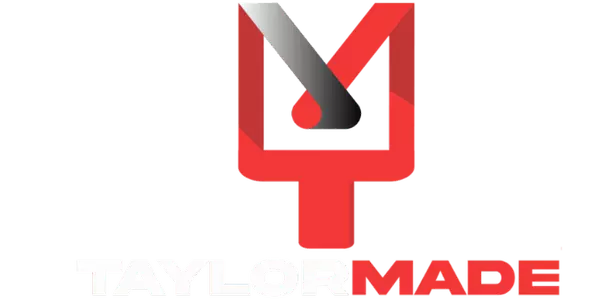Securing Your Offer: A Guide to Earnest Money Depo

Navigating the real estate market can be a complex journey for both buyers and sellers. One crucial aspect that often comes into play is the earnest money deposit. Understanding what it is, how much to offer, and what happens to it can make the process smoother and more transparent for all parties involved. Here’s a comprehensive guide to help you secure your offer with an earnest money deposit.
What is Earnest Money?
Earnest money is a deposit made by the buyer to show their serious intent to purchase a property. It acts as a financial commitment, demonstrating that the buyer is earnest about proceeding with the transaction. This deposit is typically held in an escrow account until the sale is finalized. For sellers, it provides a level of security that the buyer will not back out of the deal without a valid reason.
How Much Earnest Money Should You Offer?
The amount of earnest money can vary depending on several factors, including local market conditions and the overall price of the property. Generally, earnest money deposits range from 1% to 3% of the home's purchase price. In competitive markets, buyers may offer higher amounts to make their offers more attractive to sellers. It's essential for buyers to consult with their real estate agents to determine an appropriate and competitive amount.
What Happens To Earnest Money?
Once an offer is accepted, the earnest money deposit is placed into an escrow account managed by a third party, such as a title company or real estate brokerage. If everything goes smoothly and the sale closes successfully, the earnest money is typically applied towards the buyer's down payment or closing costs.
However, if certain contingencies outlined in the purchase agreement (like financing or home inspection contingencies) are not met, buyers may be entitled to get their earnest money back. On the flip side, if a buyer decides to back out of the deal without meeting any contingencies or valid reasons, they risk forfeiting their earnest money deposit to compensate the seller for taking their property off the market.
Tips for Buyers:
1. **Understand Contingencies:** Make sure your purchase agreement includes clear contingencies that protect your interests. Common contingencies include financing approval, satisfactory home inspection results, and appraisal values.
2. **Consult Your Agent:** Work closely with your real estate agent to determine an appropriate amount for your earnest money deposit based on market conditions and seller expectations.
3. **Document Everything:** Keep thorough records of all communications and agreements related to your earnest money deposit. This documentation can be crucial if disputes arise.
4. **Be Prepared:** Have your earnest money ready when making an offer. Being prepared can streamline the process and demonstrate your seriousness as a buyer.
Tips for Sellers:
1. **Evaluate Offers Thoroughly:** Consider not just the amount of earnest money but also other terms of each offer when deciding which one to accept.
2. **Communicate Clearly:** Ensure that all terms regarding earnest money are clearly stated in the purchase agreement to avoid misunderstandings later on.
3. **Work With Professionals:** Rely on your real estate agent or attorney to manage and hold the earnest money in escrow properly.
By understanding how earnest money works and following these tips, both buyers and sellers can navigate real estate transactions more confidently and securely. For buyers, it’s about showing commitment while protecting their interests; for sellers, it’s about securing assurance without unnecessary risks. Ultimately, clear communication and professional guidance are key components in making informed decisions regarding earnest money deposits in any real estate deal.
Categories
Recent Posts










